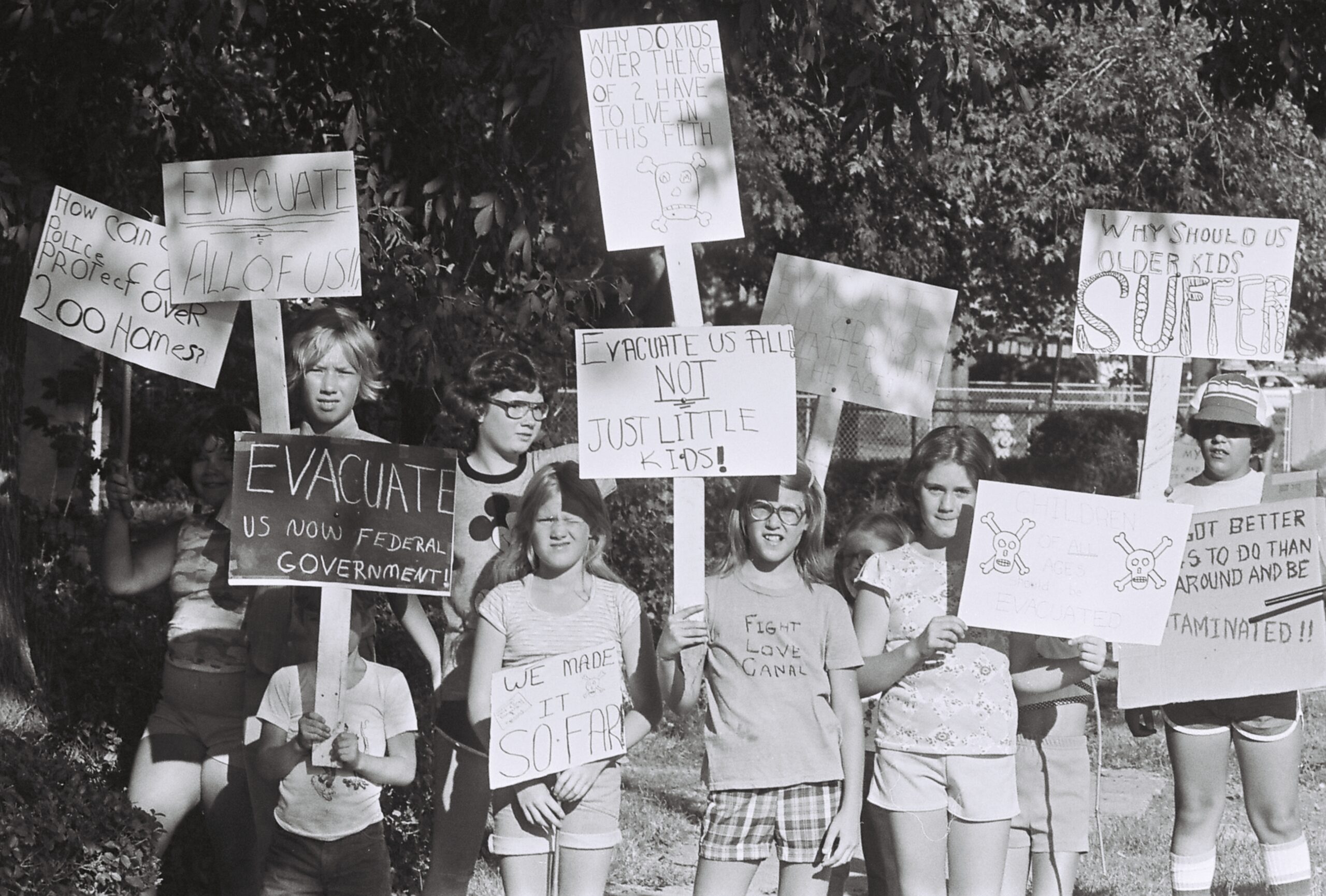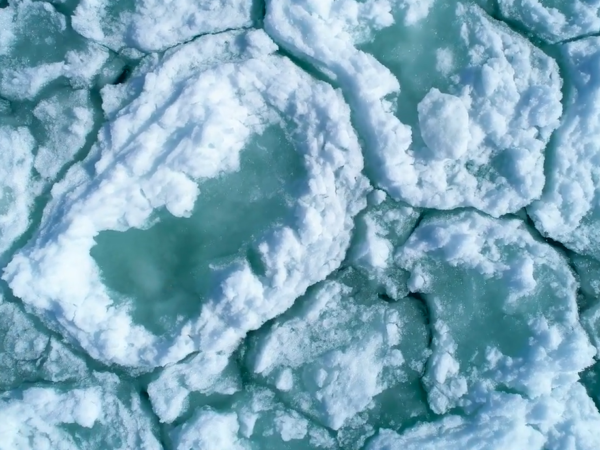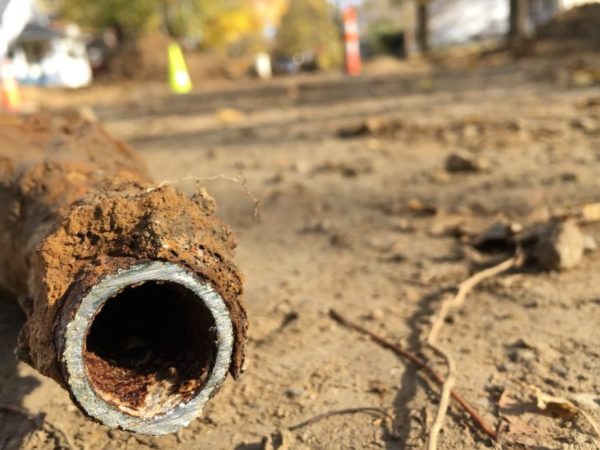
American Experience’s “Poisoned Ground: The Tragedy at Love Canal” tells the dramatic and inspiring story of ordinary women who fought against overwhelming odds for the health and safety of their families.
In the late 1970s, residents of Love Canal in Niagara Falls, New York discovered that their homes, schools and playgrounds were built on top of a former chemical waste dump. Housewives activated to create a grassroots movement that galvanized the landmark Superfund Bill.
In Great Lakes Now’s interview with American Experience Executive Producer Cameo George, we discuss storytelling that centers community advocacy, and the history and present of the environmental justice movement.
“You could not tell this story without telling the story of the women, the self-described ordinary housewives, who absolutely kept this story front and center,” George said. “None of us would know what ‘Love Canal’ was without these women. They were truly heroic in every sense of the word.”
Great Lakes Now held a PBS Climate Virtual Town Hall last week featuring this interview as well as a panel discussion about the lasting impacts of the Love Canal environmental disaster.
We took a look at the Superfund cleanup program, and discussed how other environmental disasters in the Great Lakes shaped the creation of additional policies related to cleanup and remediation efforts in the region and beyond.
Catch more news at Great Lakes Now:
Line 5 activist group wants Gov. Whitmer to “be an advocate” for shutdown
In Chicago, one neighborhood is fighting gentrification and climate change at the same time
Featured image: Children demonstrating for evacuation from the Love Canal neighborhood of Niagara
Falls.
Credit: Mickey H. Osterreicher




